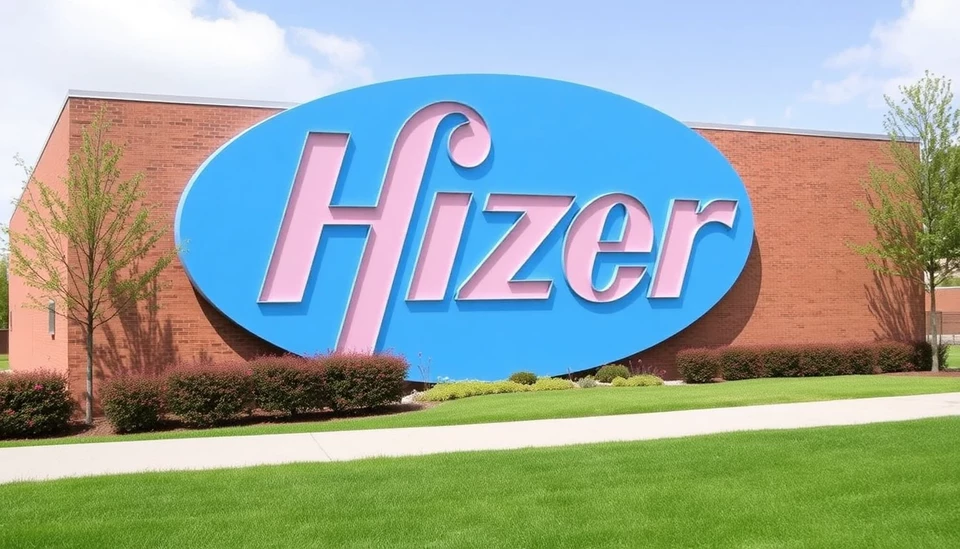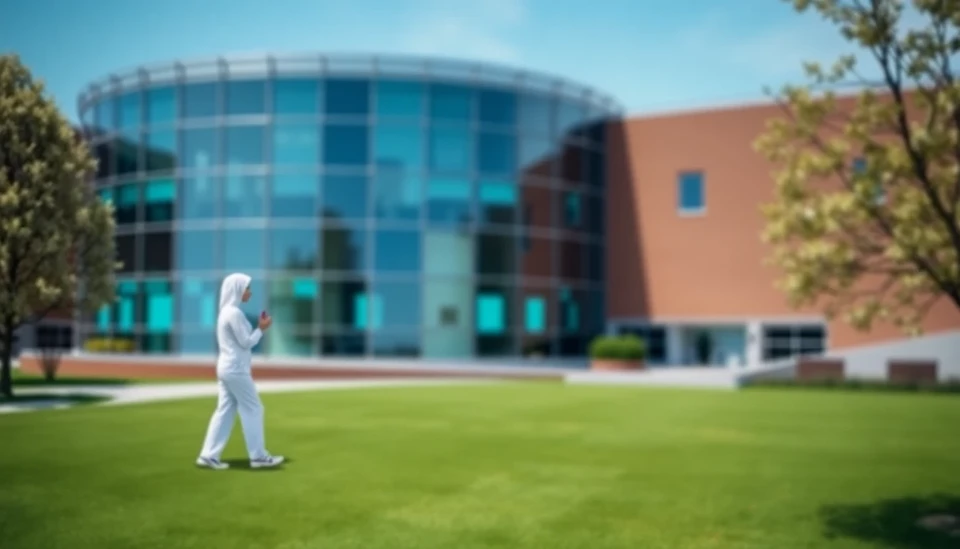
In the realm of cancer research, a groundbreaking study has surfaced, showcasing the potential of fecal microbiome manipulation as a novel therapeutic strategy. A group of researchers is exploring the use of gut bacteria from healthy donors to enhance the effectiveness of cancer treatments, particularly immunotherapy. This innovative approach aims to reshape the landscape of how we understand and treat cancer, which remains one of the most pressing health challenges globally.
The research centers around the concept that our gut microbiome—the diverse community of microorganisms residing in our intestines—plays a significant role in influencing how our immune system functions. Emerging evidence suggests that individuals with certain microbiome profiles may respond better to various treatments, including immune checkpoint inhibitors that have transformed cancer therapy in recent years.
To explore this connection, researchers conducted experiments involving fecal transplants from healthy volunteers. The intention was to investigate whether transferring beneficial gut microbes could improve the immune response in cancer patients, making existing therapies more effective. Preliminary results have shown promising outcomes, indicating that patients who received microbial transplants displayed enhanced immune responses and improved clinical outcomes.
This research initiative has potential implications not only for cancer treatment but also for the broader understanding of how gut health impacts overall well-being. As the human microbiome continues to reveal its complexities, scientists are increasingly recognizing its importance in various aspects of health, including metabolism, cardiovascular health, and even mental health.
The ramifications of these findings could be far-reaching. If further studies confirm the initial results, the medical community may witness a paradigm shift toward integrating microbiome analysis and manipulation into standard cancer care protocols. This could lead to personalized treatment plans based on individual microbiome compositions, enhancing the effectiveness of therapeutic interventions.
Moreover, the ethical considerations of fecal microbiota transplants are coming to the forefront as this field of research advances. Although this approach has been utilized successfully for other conditions, such as recurrent Clostridium difficile infections, its application in oncology raises questions about safety, donor selection, and long-term effects. Researchers must navigate these challenges carefully to establish best practices and guidelines.
In summary, the exploration of the gut microbiome's role in cancer treatment marks a significant step forward in medical research. Researchers remain optimistic that by harnessing the power of fecal bacteria, they can unlock new possibilities for cancer therapy, ultimately improving survival rates and quality of life for patients battling this devastating disease.
As this exciting research continues to evolve, it serves as a reminder of the intricate connections between our microbiome and overall health, paving the way for more innovative approaches to treatment in the future.
#CancerResearch #Microbiome #Immunotherapy #FecalTransplant #HealthInnovation #Oncology #GutHealth #MedicalResearch
Author: Samuel Brooks




